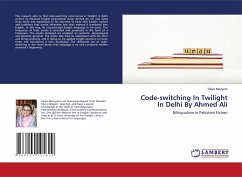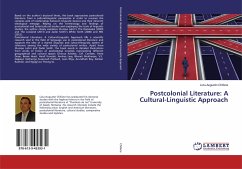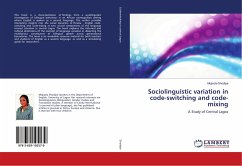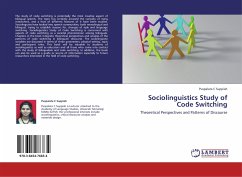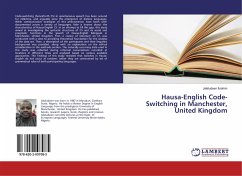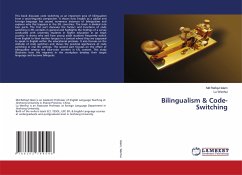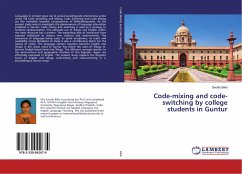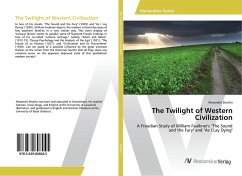This research aims to find code-switching occurrences in Twilight in Delhi written by Pakistani English postcolonial writer Ahmed Ali. He uses many Urdu terms and expressions in his narrative to keep alive Eastern culture and traditions that would otherwise lose their essence if translated into English. In this way, he reconstituted English language in his work. The frequency of Urdu words is recorded and presented in the form of a histogram. The results obtained are analyzed on semantic, phonological and syntactic grounds. The writer also tried to experiment with the form and brings creativity, and in doing so, he applied English structure on Urdu terms and introduced a new vocabulary. The deliberate use of code-switching in the novel shows that language is no one's property neither someone's hegemony..

